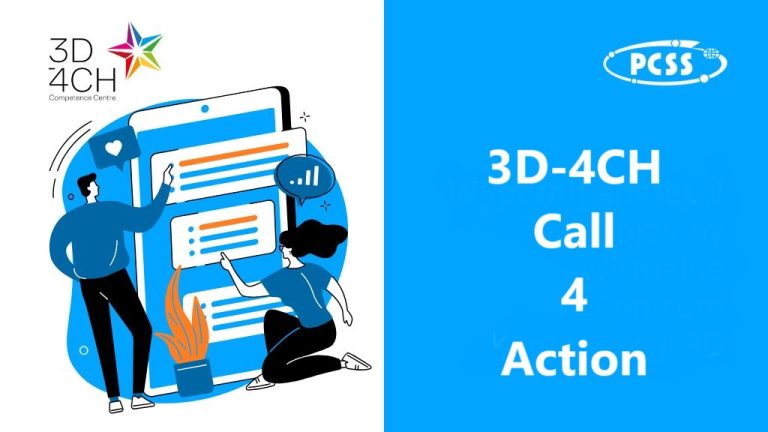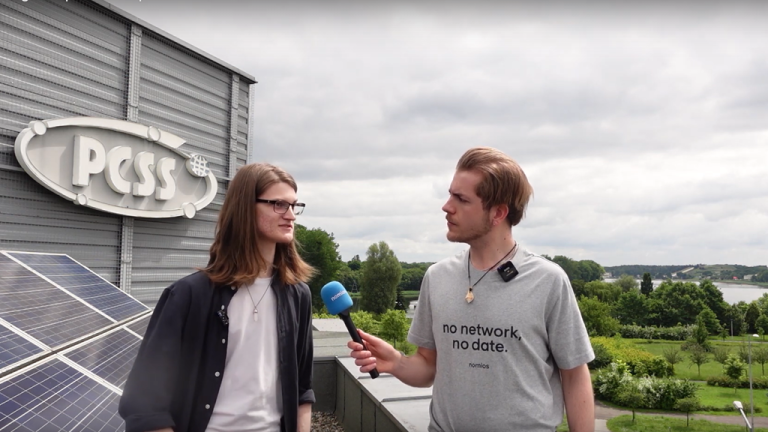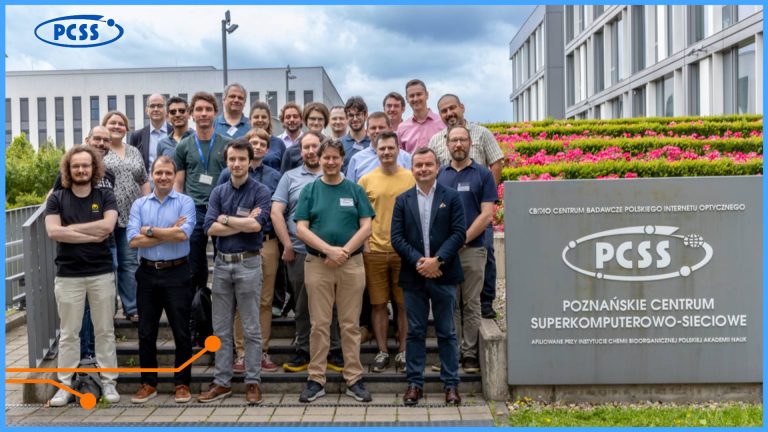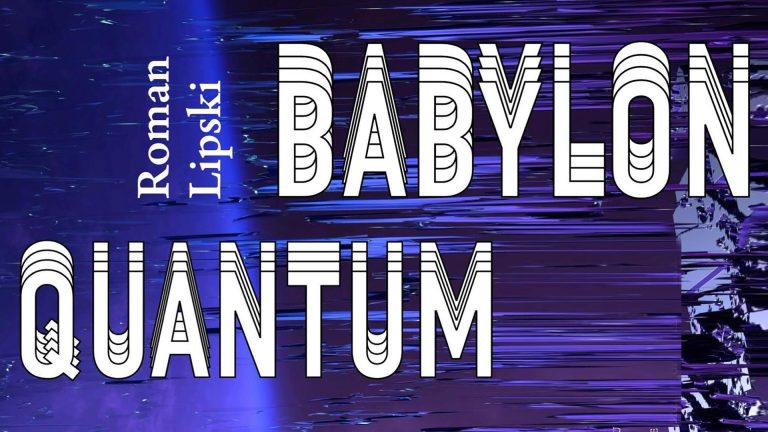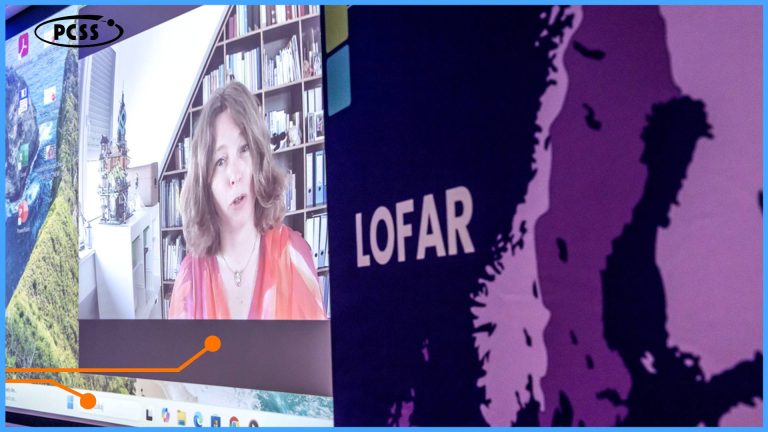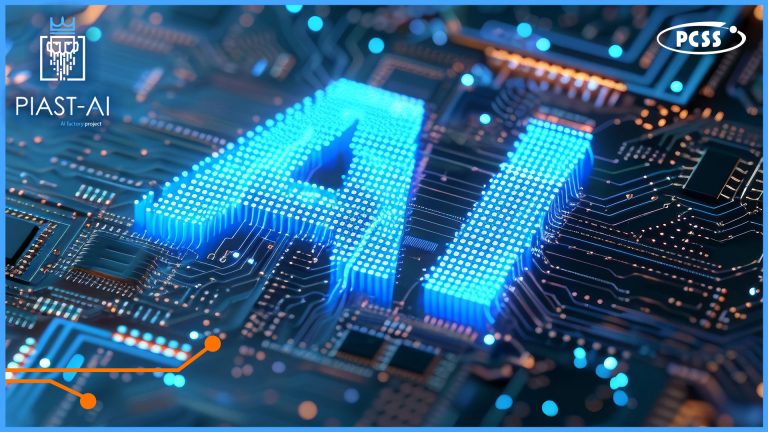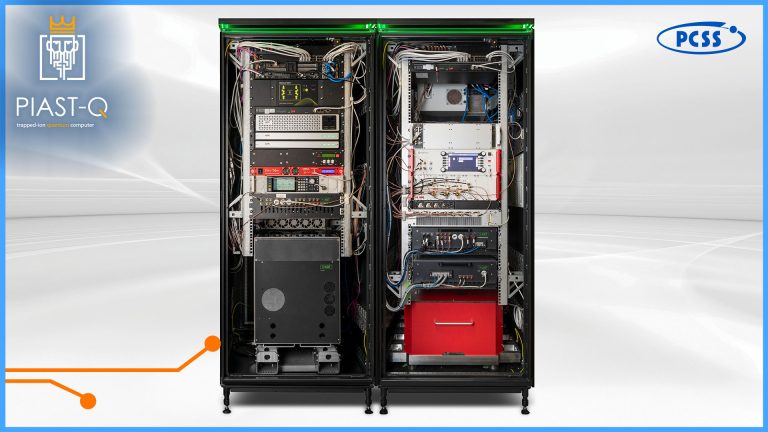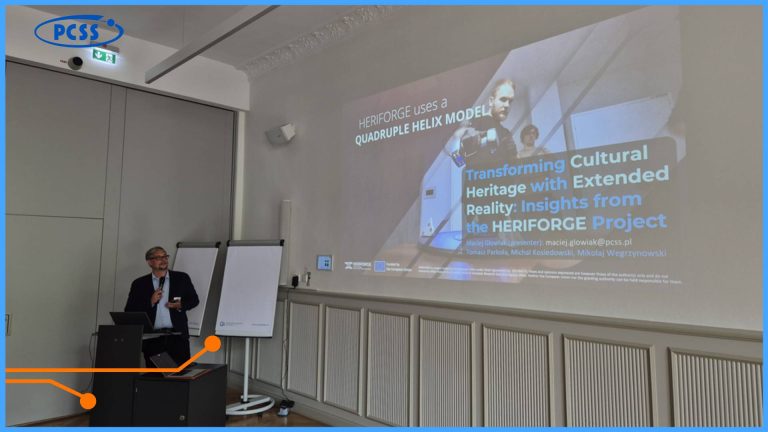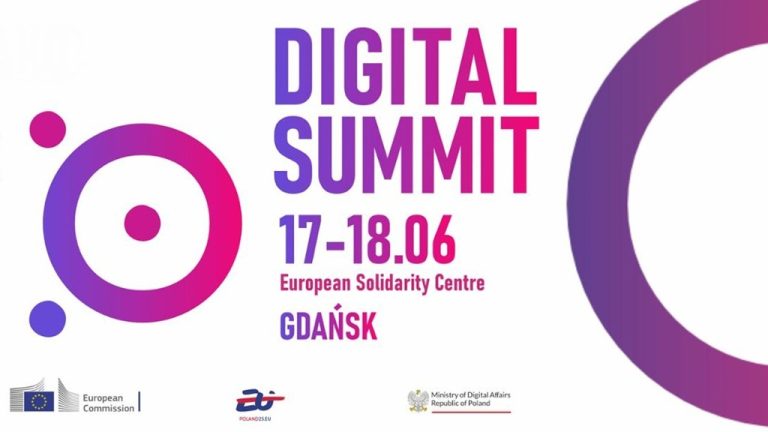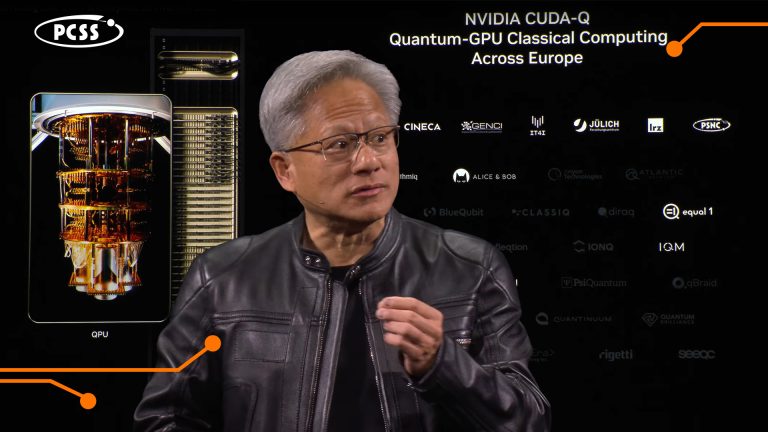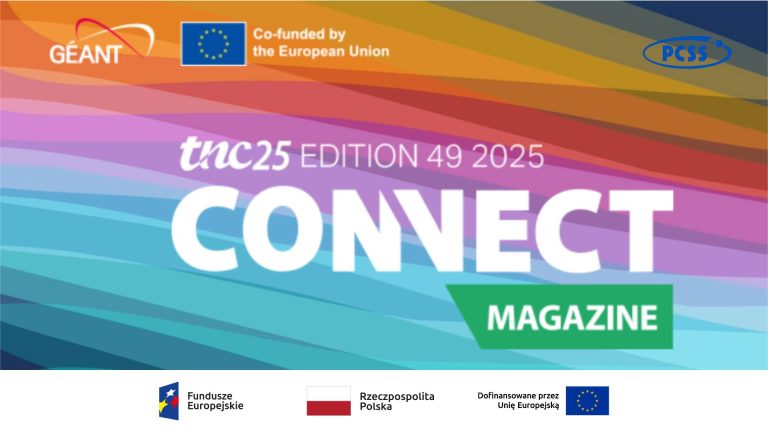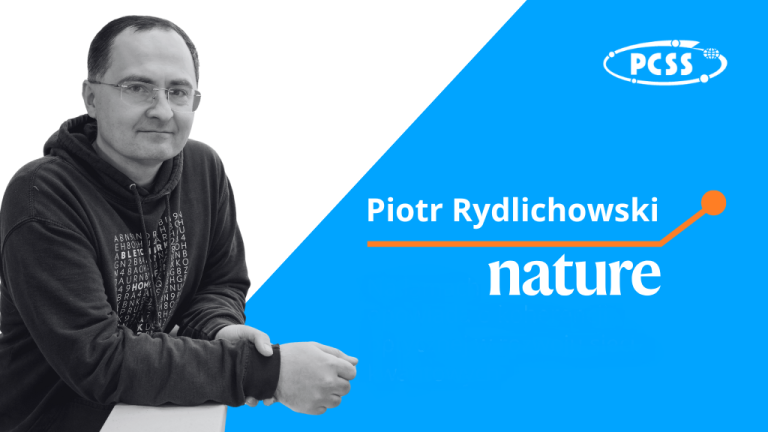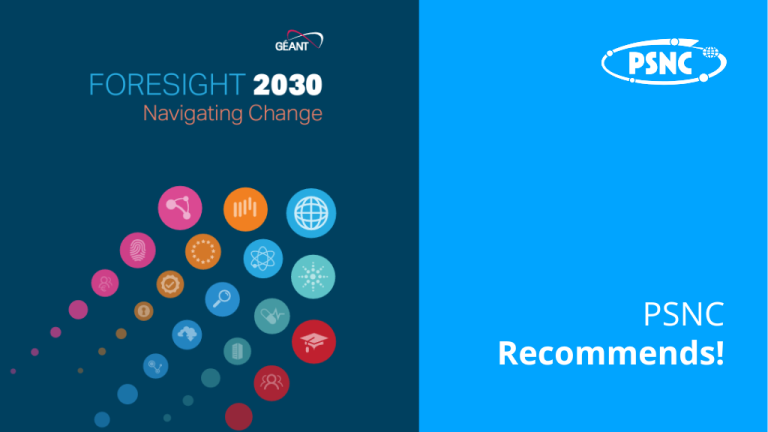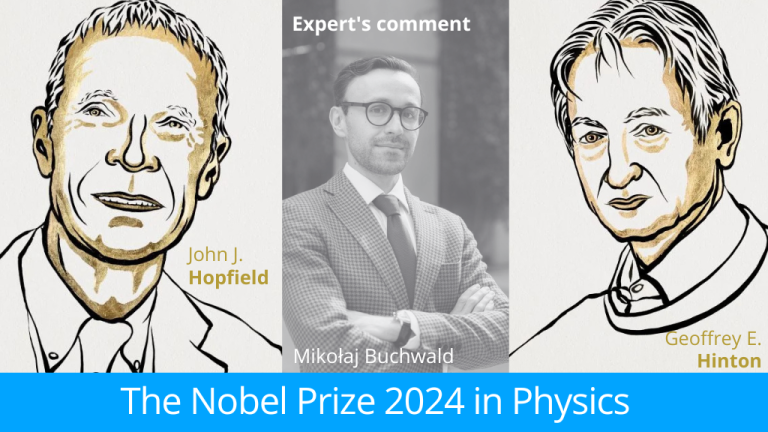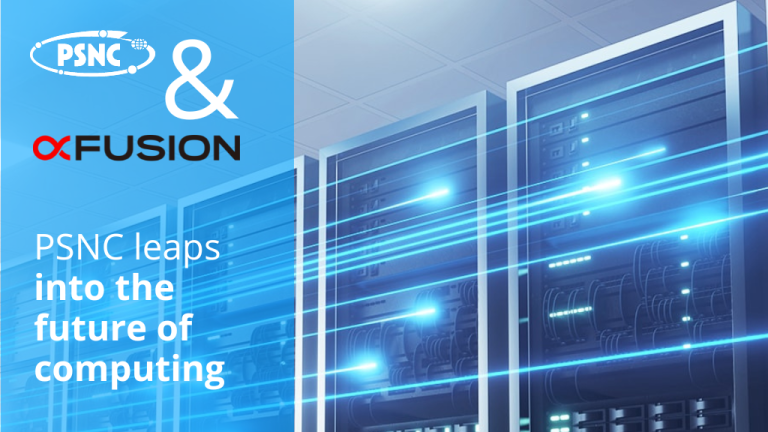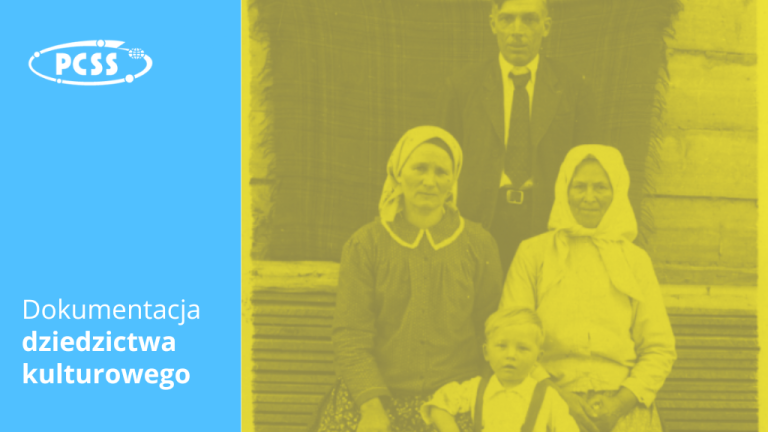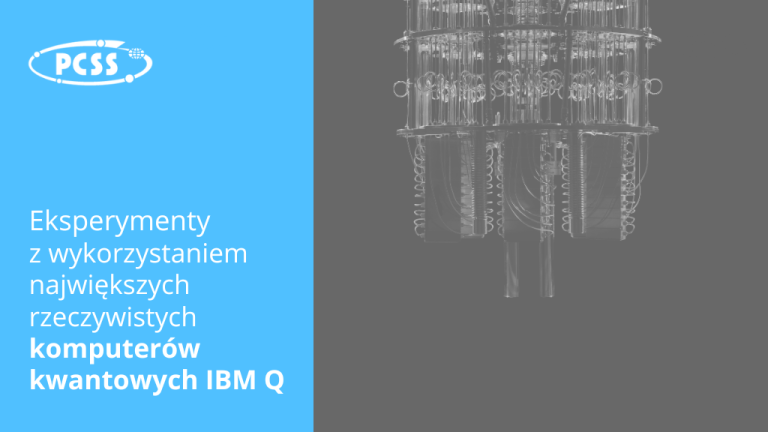We are proud to announce that the Center for Theoretical Physics of the Polish Academy of Sciences joins the Poznań Supercomputing and Networking Center’s IBM Quantum Innovation Center.
PSNC affiliated with the Institute of Bioorganic Chemistry of the Polish Academy of Sciences was the first institution in Central Europe to join the IBM Quantum Network in February 2022. From the onset of the project, its assumption was to strengthen the national competence base in the field of quantum computing and support the development of applications of this advanced technology. Based on the existing funding, cloud access to IBM quantum computers was provided, on which computational experiments from various areas of scientific challenges were launched.
– Launching and strengthening cooperation within the IBM Quantum Innovation Center between PSNC and institutes of the Polish Academy of Sciences and universities is one of the key tasks that we have been performing for years in developing the scientific IT infrastructure. To this end, we are seeking new challenges that will drive the future of quantum computing. Cooperation with the Center for Theoretical Physics of the Polish Academy of Sciences is not only aligned with our strategic activities, but it also complements the expertise and experience that we can leverage together, says Cezary Mazurek, PhD, the Director of PSNC.
The Center for Theoretical Physics of the Polish Academy of Sciences is one of the leading quantum computing research centers in Poland. It coordinates the Team-Net project, which studies of the limitations and potential applications of currently available quantum computers. The Center for Theoretical Physics of the Polish Academy of Sciences has four research groups working with quantum information, which will be able to join experiments on quantum computers under the agreement signed.
– We are witnessing a quantum revolution, where quantum technologies play an increasingly important role. IBM devices are the best quantum computers we can now access. This access allows groups from Poland to join the research front and educate “quantum programmers”, emphasizes Deputy Director for Scientific Affairs, Krzysztof Pawłowski, PhD.
The quantum computers currently available are still in the prototype phase. These devices are not ideal due to noise and errors that are significantly making worse the quality of calculations. Researchers from the Center for Theoretical Physics of the Polish Academy of Sciences have been conducting research that will make it possible to determine their usefulness and how to optimally use the existing and future quantum computers. The Center’s quantum computing group, led by Michał Oszmaniec, PhD., has already developed a method that allows qubits of a quantum computer to be categorized in terms of errors occurring on them. Interestingly, significant correlations were detected in errors between seemingly distant qubits. The numerical methods and libraries developed will allow quantum circuits to be selected in such a way as to reduce final calculation errors.
The certification of quantum devices is a related matter. Many algorithms require putting qubits in a quantum computer into a state that cannot be effectively described on the basis of classical theory. An important issue is to determine, drawing on measurement results, whether a specific quantum state is actually achieved. Research on this subject is conducted by a group led by Remigiusz Augusiak, PhD.
– Interest in joining the IBM Quantum Network and using quantum computers was also signaled by other Polish scientific institutions. The Center for Theoretical Physics of the Polish Academy of Sciences was one of the first institutions seeking cloud access to physical quantum resources of the IBM Quantum Innovation Center. The first experiments and computational results obtained by experts have already yielded evidence of the high level of R&D work carried out at the center, in particular in the area of effective characterization of correlations in measurement errors on the IBM quantum devices provided. This has begun the cooperation, which quickly resulted in further initiatives, emphasizes the Deputy Director of PSNC, Krzysztof Kurowski, PhD.
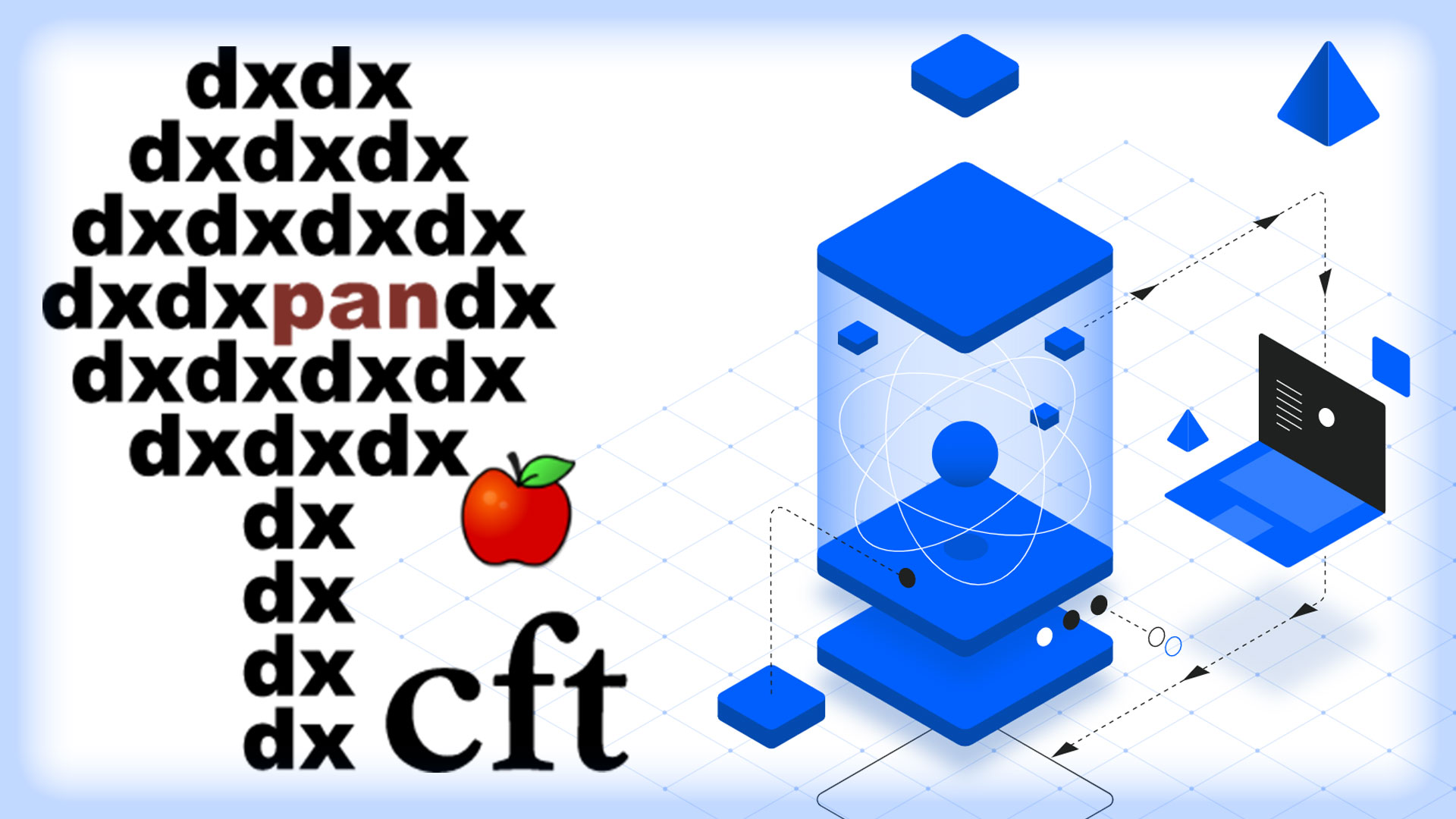
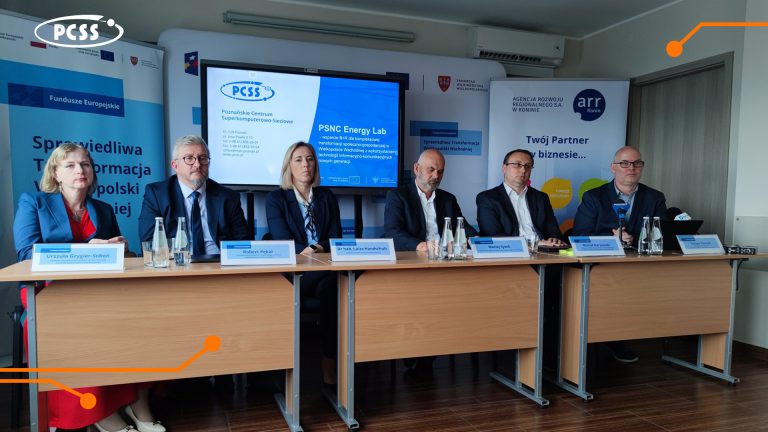
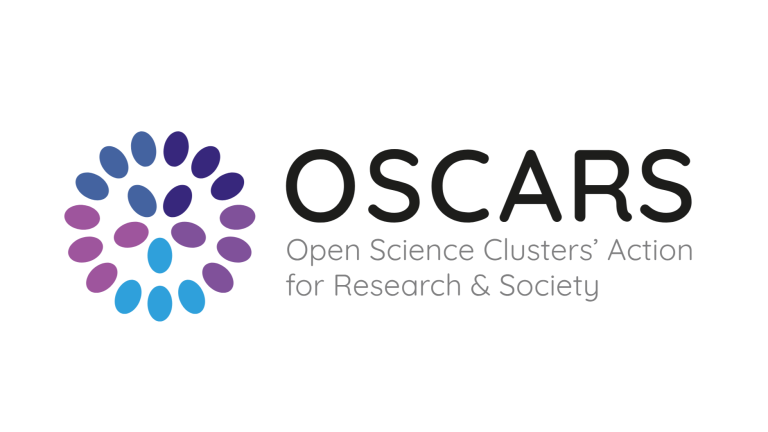

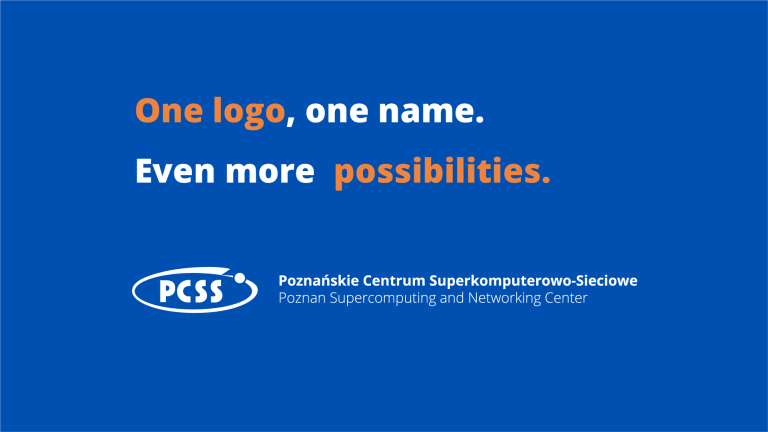
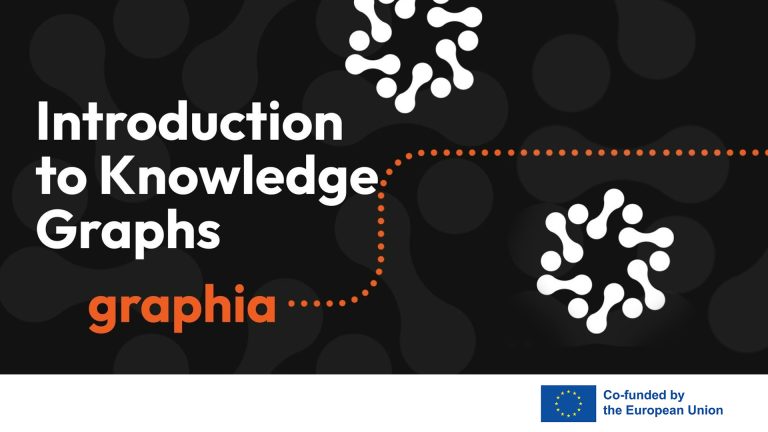
![The image displays the word "LUMEN" in a stylized, outlined font, with different letters connected by lines and arrows to various academic disciplines. The letters "L" and "U" on the left are linked to "Mathematics [Maths]" and "Social Sciences and Humanities [SSH]," while the letters "M," "E," and "N" on the right are associated with "Earth System Science [ESS]" and "Molecular Dynamics [MD]." The overall design suggests an interconnectedness of these fields, potentially illustrating the interdisciplinary nature of something represented by "LUMEN".](https://www.psnc.pl/files/2025/05/lumen2_EN-768x432.jpg)
